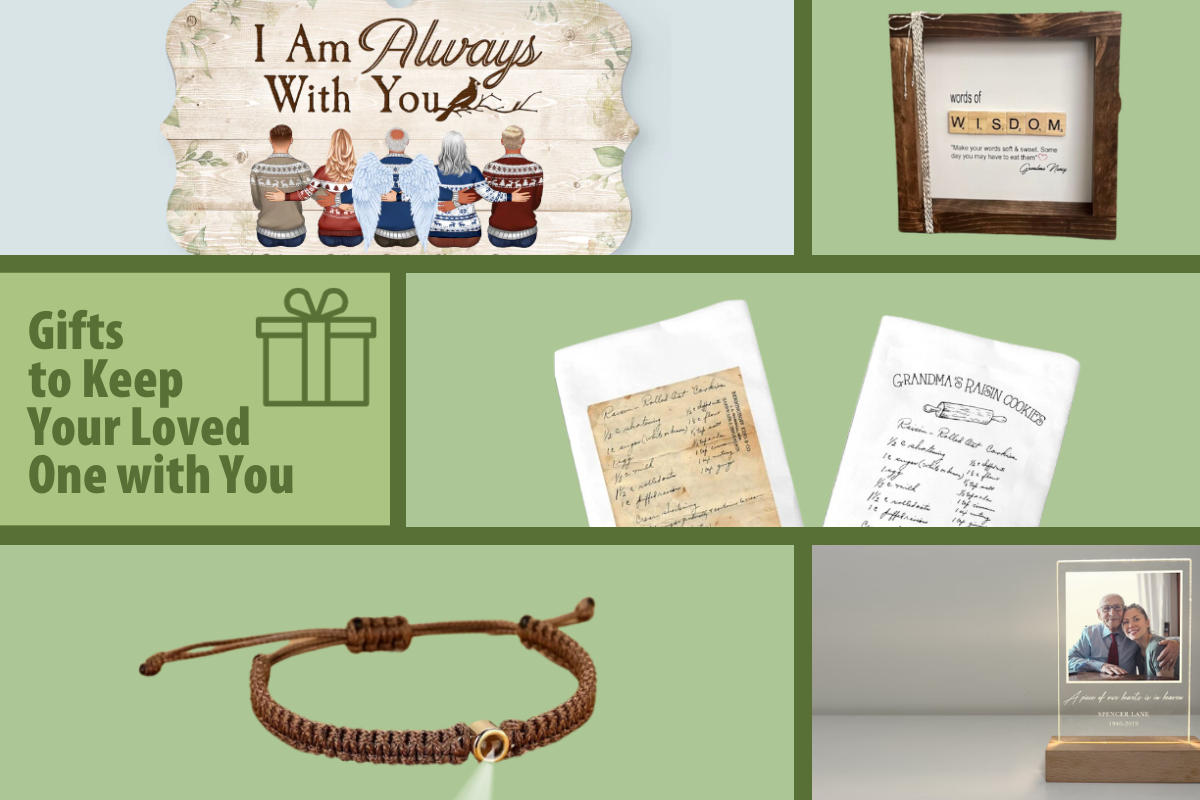The Impact of Loss on Friendships and Family Dynamics

The death of a loved one is a profound and life-altering experience that can deeply impact our relationships. While we hope for support and comfort from friends and family during such a challenging time, it's not uncommon to experience conflict or to find some individuals gradually disappearing from our lives. This can be a painful and confusing experience, adding an extra layer of grief and loss.
How to Navigate the Impact of Loss on Relationships
We are all connected – and when we lose someone we love, the impact of that loss can affect each person who knew them differently. It can also ripple out to affect others in our lives who pull back when we need them most. Taking a step back to understand where others are coming from can help you better navigate your loss and your relationship dynamics.
Recognize the Complexity of Grief
Grief affects people in different ways, and individuals may struggle to navigate their own emotions and responses to loss. Some people find it challenging to face their own mortality or may feel overwhelmed by the intensity of your grief. If they pull back from you, it may be a reflection of their own struggle to cope, rather than a personal rejection of you or your loved one.
Allow Space for Different Coping Mechanisms
People cope with the impact of loss in various ways. Some individuals may withdraw to process their emotions privately, while others may struggle to find the right words or actions to offer support. Anger can also be a symptom of grief, and it can spill over into other relationships. It's important to recognize that these responses may be due to their own coping mechanisms and limitations. Be open to understanding that everyone grieves and copes differently.

Communicate Your Needs
During times of grief, it's crucial to communicate your needs to those around you. Expressing your emotions, sharing memories, or simply asking for support can help bridge the gap between you and other friends and family. By communicating your needs, you provide an opportunity for them to show up in ways that are meaningful to you.
Seek Support from Others
While it can be disheartening when you experience conflict or a lack of support after a loss, it's important to seek support from others who are willing and able to provide comfort and understanding. Surround yourself with individuals who can offer a compassionate ear, practical assistance, or professional help. Support groups or counseling can also provide a safe space to share your experiences and connect with others who have gone through similar situations.

Be Gentle with Yourself
Experiencing loss and the subsequent effect this has on your relationships and family dynamics can be emotionally draining. Be gentle with yourself during this time and prioritize self-care. Engage in activities that bring you solace and provide emotional nourishment. Take time for rest, engage in gentle exercise, practice self-compassion, and seek activities that promote healing and self-reflection.
Embrace New Connections and Relationships
As you navigate through your grief journey, be open to forming new relationships and connections with individuals who offer understanding, support, and empathy. These new relationships can provide comfort and companionship as you continue to heal and move forward.
Losing a loved one is already hard enough, changing dynamics in your relationships with family or friends can make it more complicated. Crossroads Hospice & Palliative Care provides complimentary Grief Recovery Groups in all the communities we serve. Please call 1-888-564-3405 to speak with a Bereavement Coordinator about grief support options available in your area.
If you found this information helpful, please share it with your network and community.
Copyright © 2023 Crossroads Hospice. All rights reserved.




